Challenges arise in everyone’s life. Knowing how to face them and how to learn from them separates those who overcome a challenge from those who do not.
I proudly swim for the University of Georgia, which happens to be one of the foremost dominant programs in the nation, winning two NCAA championships in the past three years. Being a student-athlete at UGA, I know that challenges are present every day, whether in the form of a practice that appears insurmountable or studying for a dreaded exam.
Facing certain challenges can cause stress and frustration, which I have recent experience in. This past December I underwent surgery on my right shoulder and nothing has been more frustrating than coping with the injury before surgery and with the recovery process that ensued. Despite the irritating frustration and incredible challenge, this experience has been the most rewarding in my life thus far.
I have always been involved in many sports, but I chose to continue with swimming in order to pursue a collegiate career.
Throughout the many sports that I’ve participated in, including track and tennis, I had only ever been injured once with stress fractures. That changed during the summer of 2014 over Fourth of July weekend. I rarely go to lakes or do things that could potentially harm my being an athlete, but that weekend I decided to have some fun and go to my friend’s lake house.
Though I only went inner-tubing twice over the three days of being there, that second time was enough to cause an injury. Though I didn’t want to admit it, I remember feeling a jerking within my shoulder when I tried to hang onto the inner-tube while the speedboat flung me into the air off a wave.
I didn’t fall off, but my shoulder sure wanted to.
The rest of the weekend I just “relaxed” on the boat while trying to shake off the dull throbbing pain in my shoulder. If you don’t know anything about the sport of swimming, just know that having any shoulder injury is very bad.
Swimmers complete miles in the pool every day with a constant repetitive rotation of our shoulders, which puts a lot of stress on the joint and surrounding muscles. Any injury, however minor, is a threat to a swimmer’s career.
After that weekend, I spent about a month modifying my training in order to tolerate practices. Unbeknownst to me, my bicep tried compensating for the lack of strength in my shoulder; so when I went to see a doctor, I was diagnosed with having bicep tendonitis, which was true, but not the main problem.
I had two weeks before I moved to Athens.
During those weeks I took time out of the pool solely to rehab my bicep tendon. By the time I arrived to UGA, the tendonitis was much better, but not gone. Furthermore, right when I started practicing with the team my shoulder immediately flared back up, and my tendon was still a bit inflamed. No amount of rehabilitation was able to improve my shoulder, so in early September I went in for an MRI.
Turns out I had distal clavicular osteolysis from separating my AC joint. The only logical response to this was to say that I did it on that inner-tube on July 4th. I knew that because the pain started from that day forward.
From the separation and osteolysis, I had bone spurs that took up the majority of my joint space, causing a bone-on-bone grinding action every time I moved my arm in the pool. This explained why my shoulder hurt every time I took a stroke at practice.
Knowing my true injury, I spent my entire first semester at UGA in limbo and in constant frustration, trying to avoid the inevitable decision to say yes to shoulder surgery.
With this injury, surgery was the only way it could be fixed. This fact frustrated me more than anything. Coming into UGA, I had the mindset of training harder than ever in order to improve in my sport and in my overall health. However, my shoulder inhibited me from doing that. I couldn’t give 100% because my shoulder wouldn’t allow it.
Since my shoulder restrained me, I was held back from competition throughout the fall. To me, nothing is more frustrating than being restricted. Seeing my team train and compete without me was defeating. As a temporary solution, I received a cortisone injection into my AC joint. After that didn’t help, I faced the inevitable and decided to schedule shoulder surgery, knowing my first season would be a flop.
Luckily, my coaches graciously allowed me to take a medical redshirt, which would save my first year of eligibility, giving me the opportunity to start anew as a freshman in the fall of 2015. Knowing this gave me some of my inner peace back while trying to cope with the recovery process. After having surgery in December 2014, I came to discover many things about myself and about my sport, which I would have only known through this injury.
Swimming is not my life. Though many athletes come to college just for their sport, we are first and foremost students.
One’s sport should be a stepping-stone into learning and preparing for later things in life. Being an athlete requires one to overcome difficult practices, recover from a failure, manage success with humility, and understand time management. I’ve always had good time management, but with my injury I had more free time than ever, and I realized how easily I could take my free time for granted.
Instead of using time to study, it could casually be thrown away by watching TV, partying, or just simply procrastinating. I wasted some of this time by doing those things, discovering later that the new extra time that I had was an opportunity to improve.
Having this extra time, I dedicated much of it to my studies and improved my grades as the semester went on. My injury, therefore, taught me how to manage my time more efficiently and delegate more of it to studying.
I realized what my actual goals were in life (at least for now). Being injured is awful, but it made me realize how badly I wanted to improve as an athlete. From December to March, I couldn’t swim. Before my injury, the longest time I had been out of the water from training was two weeks, so this lapse in my training was extremely tough to adjust to.
Each day I did cardio in the gym that overlooks the pool that my team practices in. Seeing my team practice every day was frustrating because I was not with them, but seeing them practice made me want to do everything in my power to get my shoulder healthy and get back in the pool as quickly as possible.
Not being able to swim gave me the hunger I needed to drive my passion to improve.
This passion didn’t only apply to the pool however—my desire to improve carried over into my academics and future goals as well. I had a lot of time to think while doing cardio every day, and my thoughts turned into the goals, both long-term and short-term, that I am striving to reach.
Most important to me, I realized the importance of adjusting to and overcoming adversity. I have faced many failures, as well as successes, throughout the sport of swimming. Even when I thought a certain failure was the end of the world, it wasn’t.
From having numerous conversations with my family, my dad in particular, and my coach, I learned that what matters most is how one addresses the failure or setback and works to overcome and learn from it.
Recovering from surgery has not been easy, but all of the challenges that I’ve faced along the way this past half year have been worthwhile and eye opening. Though the first couple of days after my surgery were painful and it seemed that it would take a lifetime to recover, here I am six months later about to compete for the first time in almost eight months.
No matter how daunting a challenge or task may seem, there is always a way to complete and overcome it—it just takes patience and determination.
My injury, and the long recovery process, changed the way I think about my college experience, my goals, and most importantly, myself. Though it was extremely frustrating and taxing, the experience has been a blessing in disguise.
Now, I am willing to work harder than before because I know what I want to accomplish in my collegiate career as an athlete and in my lifetime. Every challenge has its obstacles and doubts, but I now look past those and seek the positives within each test, because I know that I have the strength and determination to overcome any challenge and trial that I put my mind to.

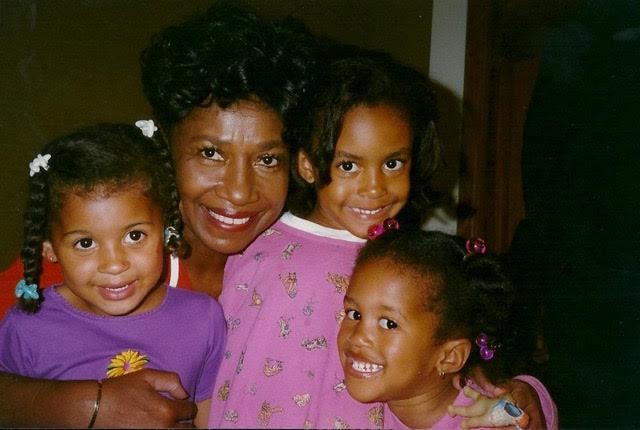
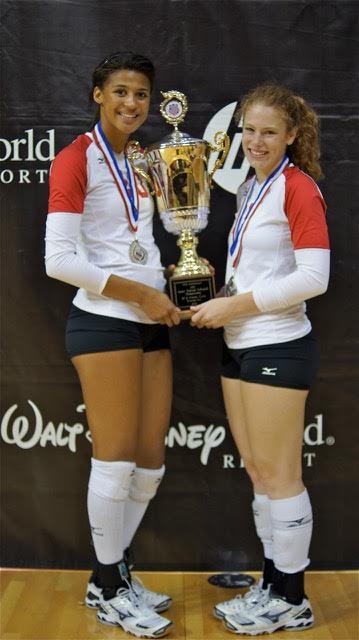
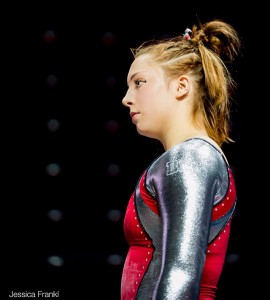
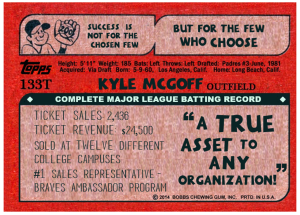
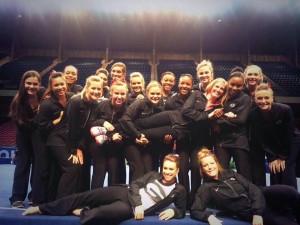
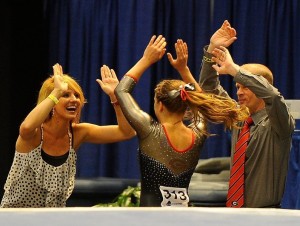 anted to reach my full potential in the sport I love, and in the classroom. I needed BALANCE.
anted to reach my full potential in the sport I love, and in the classroom. I needed BALANCE.